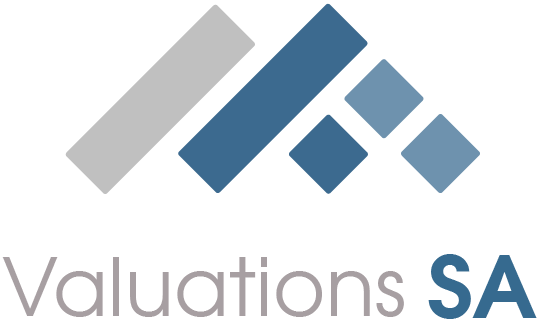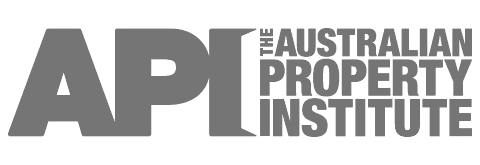
Both renting property and buying real estate can be difficult in today’s market in Australia, even in Adelaide. Which is why it can be so hard for many Aussies to decide whether one is better than the other. Here we explore the advantages of each from the perspective of a renter who is considering the move into homeownership.
Renting Pros and Cons
If you have been renting for some time now, then you would be no stranger to the negatives and possibly its positives. Now that you are thinking about taking the road to homeownership, it doesn’t hurt to have a pros and cons list. Feel free to add your own from your experience.
The advantages of renting
- Flexible living: For those who travel or move around a lot, putting down roots and buying property would be an expensive and time-consuming endeavour that may not be worth it if you have to pack your bags soon after. Renting provides the flexibility to move from place to place without extra stress and inconvenience.
- Landlords cover maintenance costs: If there is ever an issue regarding plumbing, broken built-in appliances or features, then it is the responsibility of the landlord to cover the costs. This makes managing life’s unexpected expenses just that bit easier.
- No life savings needed: When you buy a property, you likely need a sizeable deposit. For some, this could be their life savings. In comparison, finding and moving into a rental property is a convenient and more affordable transaction when starting out.
The disadvantages of renting
- Your home does not belong to you: This is the biggest con of all when it comes to renting. As you do not own your home, there is no guarantee that it can last forever. Your landlord may decide against renewing your lease and, if necessary, terminate your lease agreement early. This uncertainty can be quite stressful at times.
- Rental rates continue to rise: Due to several influencing factors including, vacancy rates, housing prices, inflation and interest rates, your rental fees are likely to increase whenever you renew your lease or during your lease term if necessary.
- Paying rent never ends: As long as you continue to live in a rental property, you will be paying rent. Unlike with homeownership where eventually you will finish paying off your loan and be free of this extra expense.
Buying Pros and Cons
Now to hear the case for and against buying a home.
The advantages of buying
- It can be an investment: It may take some effort to maintain the property, but in most circumstances, in the right location, your property value could increase in the long term. Real estate is a popular asset to invest in and once you own one property it can be easier to buy another so long as your financial situation supports it.
- You can renovate and improve as you please: One of the great pros of owning your own home is customising it to your taste. Paint, renovate, and decorate however you like without having to worry about getting into trouble with a landlord. Of course, for larger renovations, you may need council approval first.
- You decide how long you stay: So long as you meet your repayments and other financial obligations, you can decide how long you want to live on your property. Its fate is also yours to decide, will you sell it, rent it out or transfer it to a relative? The choice is yours.
The disadvantages of buying
- You’ll need to have enough for a deposit: In the current real estate market, it is next to impossible for new homebuyers to purchase a property without a loan. Part of the process is having a sizeable deposit ready.
- Interest rates can increase: While you may have planned out how much you’ll be repaying over the years for your mortgage, what you cannot predict is interest rates. In recent years, there has been a significant increase in interest rates which has caused homeowners and prospective homebuyers some grief. This is something you may need to brace yourself for.
- Real Estate is a risky business: As with any sort of investment, real estate carries some risks. A lot can potentially decrease the value of your property such as a bad renovation, changes in the neighbourhood, and more. You could also lose your property in such situations as compulsory acquisitions, defaulting on your loan, natural disasters and other devastating circumstances.
Don’t be afraid to ask for help
As we mentioned above, the decision is not easy and ultimately what will make the choice for you is what you can afford. Your first steps are to do a bit of research into buying your first home and to examine your finances.
To help you in finding out which option makes the most financial sense, you can call on the help of professionals. This can include lenders, mortgage brokers, financial advisors, property valuers and more. The right help can be a valuable resource when buying your first home.





